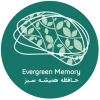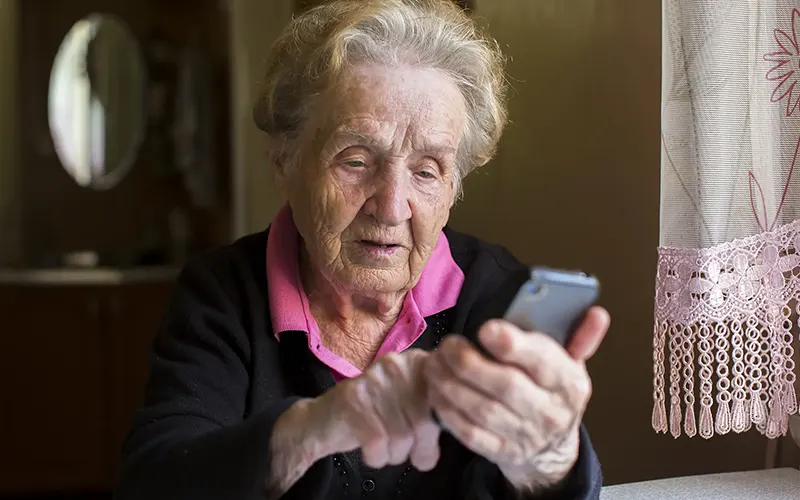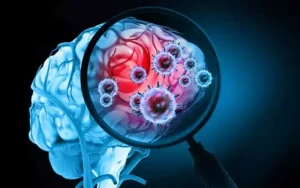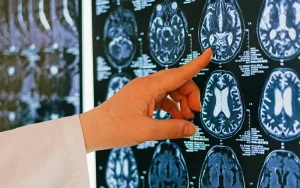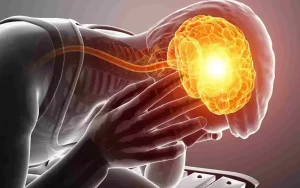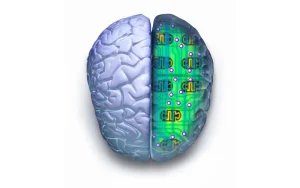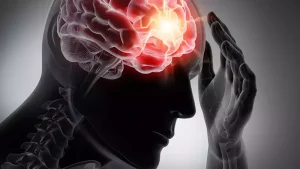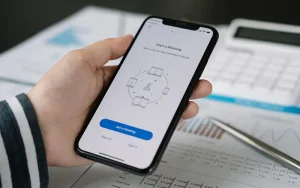Specialized memory assessments on smartphones allow for the precise identification of “mild cognitive impairment,” which could signal the onset of Alzheimer’s disease. These findings, published in npj Digital Medicine, stem from collaborative research involving DZNE, Otto-von-Guericke University Magdeburg, University of Wisconsin-Madison, and Neotiv, a company based in Magdeburg. The study analyzed data from 199 elderly individuals
The findings underscore the potential of mobile applications in Alzheimer’s disease research, clinical trials, and routine medical care. The evaluated app is now accessible to medical practitioners to aid in the early identification of memory issues.
Memory difficulties are a primary symptom of Alzheimer’s disease. Unsurprisingly, their severity and advancement are pivotal in both diagnosing the condition and advancing Alzheimer’s research.
Traditionally, memory assessments are conducted under professional supervision in clinical settings. Patients typically engage in standardized tasks involving writing or conversation, such as recalling and repeating words, spontaneously generating terms on specific topics, or following instructions to draw geometric shapes. These assessments necessitate professional oversight for conclusive results and cannot be self-administered, for instance, at home.
Professor Emrah Düzel, a distinguished neuroscientist at DZNE’s Magdeburg site and Otto-von-Guericke University Magdeburg, as well as an entrepreneur in medical technology, proposes a novel approach. “Conducting such tests independently, with subsequent evaluation by a medical professional, offers significant advantages. This model mirrors the process of long-term ECG monitoring. Unsupervised testing could enhance the detection of clinically significant memory impairment at an earlier stage and enable closer monitoring of disease progression. Given recent advancements in Alzheimer’s therapy and emerging treatment modalities, early diagnosis is increasingly crucial.”
Contrast between testing at home remotely and under supervision in a clinical setting
In addition to his role in dementia research, Düzel serves as the chief medical officer of Neotiv, a start-up based in Magdeburg, collaborating with DZNE for several years. The company has developed an app enabling autonomous memory testing without professional supervision.
The app operates on smartphones and tablets, validated scientifically, and utilized in Alzheimer’s disease research. It is now available to medical practitioners as a digital tool to aid in detecting mild cognitive impairment (MCI). Despite MCI having minimal impact on daily life, individuals affected have an elevated risk of developing Alzheimer’s dementia within a few years.
Dr. David Berron, a research group leader at DZNE and co-founder of Neotiv, elaborates, “During the validation process, we compared these innovative remote, unsupervised assessments with an established in-clinic neuropsychological test battery. We found that the novel method yields comparable results to in-clinic assessments and accurately identifies mild cognitive impairment (MCI). This technology holds immense potential to furnish clinicians with insights not attainable during traditional clinic visits.”
Study Population
The study comprised 199 individuals aged 60 and above, hailing from either Germany or the United States. Participants were recruited from two long-term observational studies focused on Alzheimer’s disease: the DELCODE study by DZNE (Longitudinal Cognitive Impairment and Dementia Study) and the WRAP study (Wisconsin Registry for Alzheimer’s Prevention) conducted by the University of Wisconsin-Madison.
The sample encompassed individuals exhibiting a spectrum of cognitive conditions encountered in real-life scenarios. This included cognitively healthy individuals, those with mild cognitive impairment (MCI), and others experiencing subjective memory concerns not detectable through standard measures. Diagnosis was established through established assessments, incorporating memory and language tasks.
Furthermore, all participants engaged in multiple memory assessments using the Neotiv app over a minimum period of six weeks. These assessments were conducted remotely using participants’ personal smartphones or tablets, at their convenience.
Dr. Lindsay Clark, a neuropsychologist and principal investigator of the Assessing Memory with Mobile Devices study at the University of Wisconsin-Madison, remarks, “We observed that the majority of our WRAP participants were able to autonomously complete the digital tasks remotely, expressing satisfaction with both the tasks and the digital platform.”
Remembering images and identifying disparities
“Assessments conducted through the Neotiv app are interactive and consist of three types of memory tasks,” explains Düzel. “These tasks target various brain areas susceptible to Alzheimer’s disease across different stages of the condition. Extensive research spanning many years has contributed to their development.” Essentially, these tests involve recalling images or discerning variances between images presented within the app. Using a specifically devised scoring system, the joint German-U.S. research team was able to compare the app’s results with those obtained from established in-clinic assessments.
“Our study demonstrates that memory concerns can be effectively evaluated using this digital, remote, and unsupervised approach,” says Düzel. “If the digital assessment suggests memory impairment typical of MCI, it prompts further clinical evaluations. Conversely, if results indicate that memory falls within the normal range for an individual’s age, it provides reassurance—at least temporarily. Moreover, for Alzheimer’s disease research, this approach offers a digital cognitive assessment tool applicable in clinical trials, already underway in Germany, the U.S., Sweden, and other nations.”
Future Prospects
Additional studies are either in the planning stages or already underway. The innovative memory assessment will undergo testing on even larger cohorts, with researchers also exploring its potential for monitoring the progression of Alzheimer’s disease over extended periods. Berron remarks, “Understanding the rate of memory decline over time holds significance for both medical practitioners and patients. It is also crucial for clinical trials, as emerging treatments strive to decelerate cognitive deterioration.
“To enhance such self-assessments, linking a patient’s clinical data with self-tests conducted outside clinical settings, in real-world environments, is imperative. While challenging, our current study illustrates progress within the field.”
